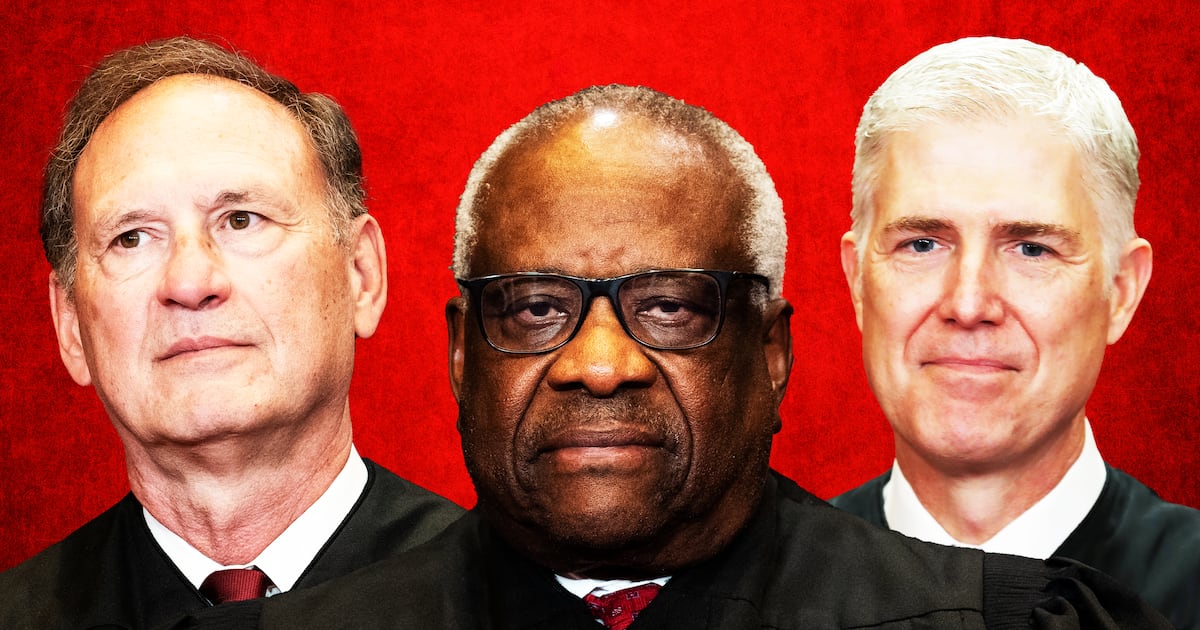Over the High Holy Day season I had a rare rabbinic opportunity to be a “Jew in the pew”—not leading, speaking or organizing. This meant I could pray in different communities, be among different people, and of course hear different sermons. This year, I noted a distinct theme guiding the thoughts of rabbis: vulnerability.
Many of the sermons I heard highlighted the teachings of TED-Talk sensation Dr. Brene Brown. She teaches that our authentic selves are inherently vulnerable, that when we close ourselves off, we stifle innovation and suffer emotionally. And so the message from many of my colleagues this season was that we must embrace vulnerability to become our authentic selves.

So here’s a little secret about any High Holy Day sermon worth its salt: as much as they may speak to you personally, the rabbis are also speaking to themselves. And what they were expressing this year was their concern that they do not feel able to serve their communities in an open and honest way; they are afraid to be vulnerable.
ADVERTISEMENT
As J Street’s rabbinic director, I spend my days speaking to rabbis across the country about Israel, a subject they are passionate about. We speak frankly about peace and security, a two-state solution, religious freedom and minority rights. We do not always agree but the shared commitment to the Jewish state pervades. Inevitably, I ask about the place of Israel in their congregations. And even though most express their desire to bring J Street into their synagogues, there is one refrain that I hear more often than not: “I couldn't possibly.”
The reason for this “couldn’t” is fear. There is an inability there to share who they really are and what they really believe about an issue that is central to their identities as rabbis and Jews. So many have been convinced that to open up about Israel would leave them open to criticism, cost them donors and maybe even cost them their jobs. Many are openly threatened by their board members. Talking openly and honestly about Israel would leave them vulnerable. So they close off that part of themselves.
A recent study released by the Jewish Council for Public Affairs backs this up. Rabbis as a whole love Israel: 93 percent describe themselves as being “very attached,” 91 percent have studied there and “almost all rabbis frequently follow the news” about it. The tie to Israel is deep and formative. And yet, this national survey of American rabbis found that a substantial minority of rabbis refrains from fully sharing their views in public, in part, because of “fear of professional repercussions.”
To take the job at J Street, I had to make a conscious decision to put my true self out there, knowing that there will be future rabbinic search committees who will reject me because of it.
There is a dark side to talking about Israel in the Jewish community, but living in fear of that darkness is costing us more than we imagine. Our communal leadership is trapped in a cycle of fear and self-imposed silence. How can we possibly expect American Jews to meaningfully engage with Israel if their own rabbis don’t model that behavior? If our communal leaders are forced to closet themselves, what kind of leadership can we truly expect to receive? As Dr. Brown warns: “Unused creativity is not benign.”
According to the recent Pew Research study, nearly seven in 10 American Jews feel either “very attached” (30 percent) or “somewhat attached” (39 percent) to Israel. Forty-three percent of American Jews have been to Israel, 23 percent more than once. And yet, the younger Jews get, the less attached to Israel they are with only 32 percent of Jewish adults under 30 saying that caring about Israel is central to what being Jewish means to them. Knowing how a relationship with Israel is modeled and taught, I for one am not surprised. As the great commentator, the Ramban, teaches, “everything that happened to the Patriarchs is a portent for the children.”
If our rabbis are taught to fear sharing their authentic feelings about Israel can we reasonably believe that this insecurity can remain limited to one issue? Fear is infectious, it has the ability to take us over and govern our entire lives. Stifled by fear, our leaders lose perspective and cease being authentic and vulnerable.
The time has come for rabbis to instead embrace our own vulnerability with great strength and to share our true thoughts with humility. We are at a crossroads. Our congregants sense we are being dishonest. They are turned off by our attempts to hide behind a façade of safety and alienated by the lack of real connection it fosters. If we want to build a community of people deeply attached to one another and to Israel, then we have to lead by example and embrace the notion that we are going to be wholehearted rabbis. The time has come for our rabbis to be able to say as Dr. Brown said: “Vulnerability pushed, I pushed back. I lost the fight, but probably won my life back.”





